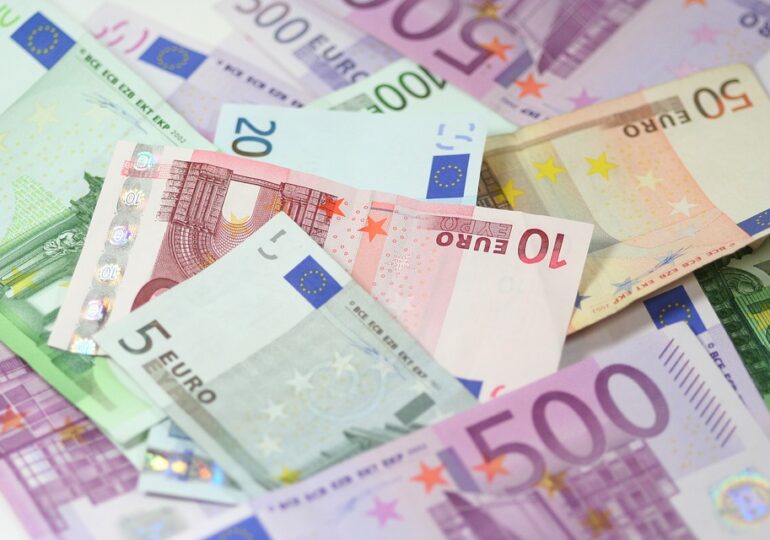The leu continues its strong depreciation against the European currency. The Euro rose on Thursday and surpassed the threshold of 5.1 lei.
The National Bank of Romania quotes the euro at 5.1222 lei, the highest level ever recorded.
It's the third day of negative records, after on Wednesday the euro was quoted at 5.0991 lei, on Tuesday at 5.0378 lei, and on Monday at 4.9775 lei.
The leu has also significantly depreciated against the US dollar, the British pound, and the Swiss franc.
The US dollar is quoted at 4.5369 lei on Thursday, compared to 4.4898 lei on Wednesday.
The Swiss franc is quoted by the NBR at 5.4930 lei, compared to 5.4466 lei on Wednesday.
Similarly, the British pound has risen to 6.0212 lei. On Wednesday, it was quoted at 5.9866 lei.
- Minister Tanczos Barna warns that a hard landing of the economy is possible. "It depends on the pilot, it depends on who is flying the plane." Finances prioritize pension and salary payments
- Economists warn: We may face a disaster of catastrophic proportions. No country in the world has what Simion promises. Total collapse
- (First) 8 economic effects of the governmental crisis - from chaos in deficit to debt costs and on financial markets
Economists note that 5.1 seems to be the new resistance level of the national currency against the euro.
"We consider that 5.10 represents the new resistance level for NBR. The strong transmission of the exchange rate to inflation and the important role that the EUR/RON rate plays in consumer confidence should limit any further sudden depreciation of the leu in the short term. However, weak economic fundamentals, associated with high twin deficits, support a gradual depreciation of the leu in the coming years," stated Eugen Sinca, BCR analyst, in a note sent to investors.
The depreciation of the leu may lead to increased costs:
- administration of public debt in foreign currency (paying interest in foreign currency),
- more expensive imports (affecting prices and inflation),
- increased production costs for companies dependent on imported raw materials or foreign technologies.
Additionally, the exchange rate is a strong anchor of trust among Romanian consumers, writes Curs de Guvernare in an analysis.

